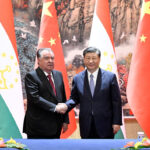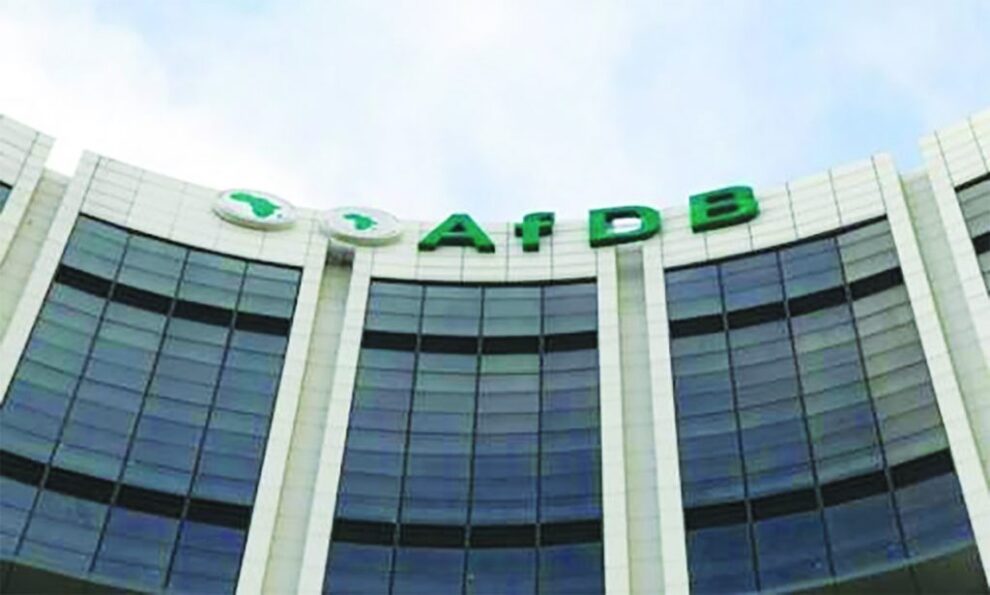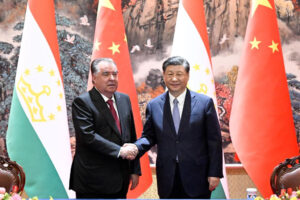An African Development Bank delegation to the 11th edition of the Brazil-Africa(link is external) Forum has stressed the need to strengthen collaboration with Brazil through the multi-partner Lusophone Compact, to attract more private capital and co-financing for private sector transactions.
The delegation from the continent’s premier multilateral development bank attended the forum, held in São Paulo, Brazil from October 31st to November 1st, under the theme Investment and Development: Brazil and Africa Engaging with the World.
The Lusophone Compact was launched in December 2018 as a cooperative platform for investment between the African Development Bank Group, Portugal, and six African countries – Angola, Cabo Verde, Equatorial Guinea, Guinea Bissau, Mozambique, and Sao Tome e Principe, known as the PALOPS. Its objective is to attract substantial investment, design bespoke solutions for small island states and unlock private sector development and trade in, and among, the Lusophone nations.
Moono Mupotola, Chair of the Lusophone Compact Standing Committee who led the delegation, participated in a panel on market trends and opportunities between the two regions. “The Portuguese private sector should take advantage of the opportunities presented by the Africa Continental Free Trade Agreement and use the Lusophone Compact and Portuguese speaking countries as a gateway to the African market,” she said.
During the two-day forum, the African Development Bank Group organized and moderated an investment roundtable that gathered 40 select investors. The session showcased three investment opportunities at bankability stage in the sectors of transport and renewable energy in Angola, Mozambique and Sao Tome and Principe. The projects are seeking over $200 million in debt and equity financing.
Nana Spio-Garbrah, Manager of the Client Solutions Division at the African Development Bank, participated in the panel titled, “PPPs and Investments in Infrastructure and Logistics Integration in the South Atlantic.” She emphasized the financial instruments including trade finance and political risk guarantees, available to mobilize international investors into Africa given the preferred creditor treatment of the African Development Bank and its AAA rating.
“There is no longer any excuse for savvy investors to shy away from the continent. The synergies between the two regions are undeniable and the returns of investing in manufacturing or infrastructure – whether aviation, ports, or railway – are attractive,” Spio Garbrah said.
Neima Ferreira, Chief Lusophone Compact Coordinator was a member of another panel session on “Women’s Economic Empowerment as a Driver of Global Trade.” She described the impact of the Bank’s Affirmative Financing Action for Women in Africa (AFAWA) initiative on increasing commercial bank financing to female-led SMEs. Her presentation also touched on the success of the 50 Million African Women Speak platform(link is external) capacity-building project funded by the Japan, as a premier showcase of gender-responsive entrepreneurship support.
“Our goal here this week was to simply showcase Africa’s Portuguese-speaking countries as an attractive and emerging market for Brazilian investments. The Brazilian investor that sees Africa for its full potential and diversifies investments away from extractive industries, will have a significant first mover advantage,” Ferreira said.
In 2021, Brazil-Africa trade reached $16 billion, and this jumped nearly 40% in 2022, with Egypt being the top beneficiary. Nearly 4% of all Brazilian exports are destined for Africa.
Brazil’s President Luiz Inácio Lula da Silva in Angola earlier this year for the Brazil-Angola Economic Forum, and in São Tomé e Principe for the Community of Portuguese Speaking Countries Summit, where he reaffirmed his commitment to reignite Brazilian investment in Lusophone Africa.
The Brazil-Africa Forum is a major international conference that brings together African and Brazilian leaders to discuss trade, investment, development, and other global issues including climate change. The forum has forged important partnerships with African stakeholders from both the public and private sectors, including the African Development Bank, New Development Bank, and African Export-Import Bank as well as several representatives from African embassies based in Brazil.
Source: Devdiscourse
















